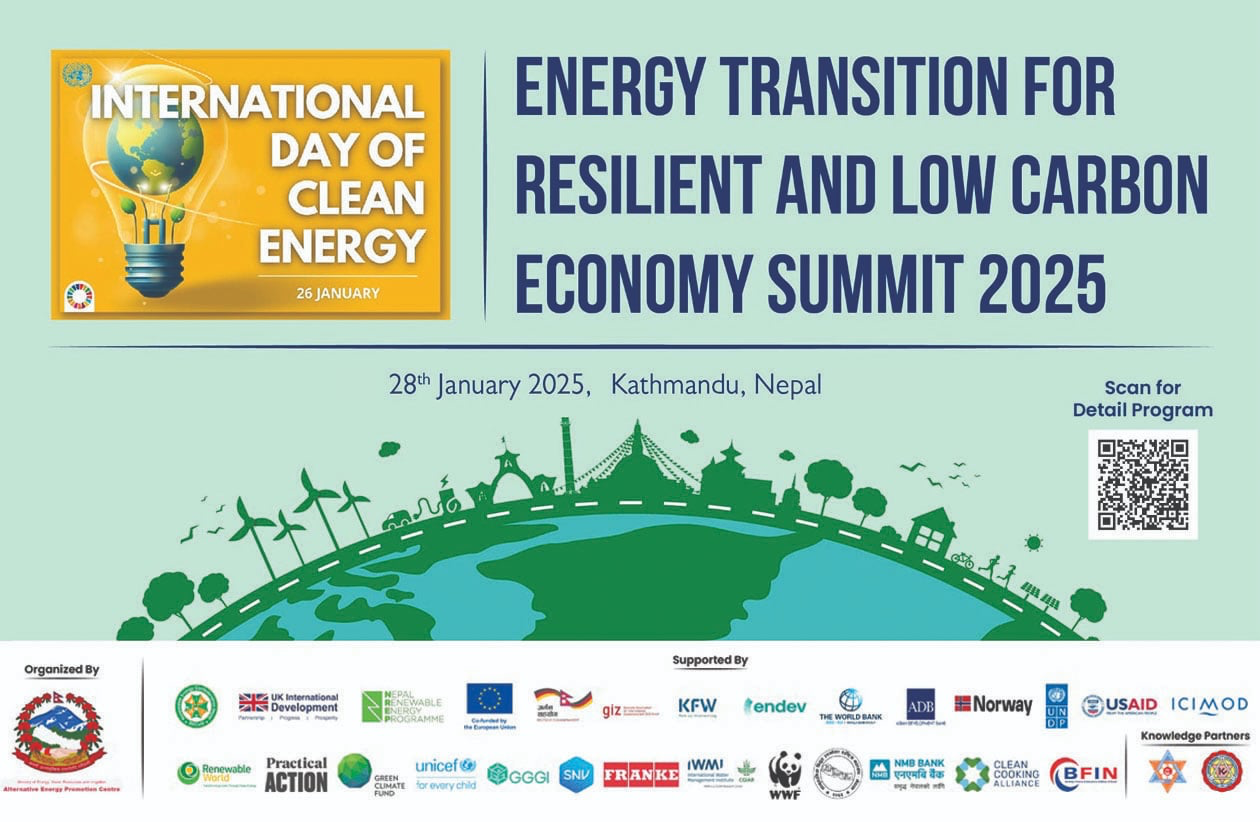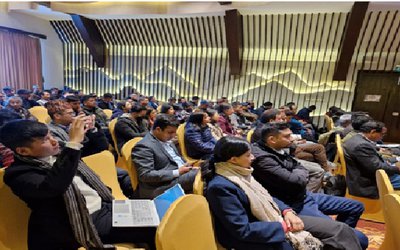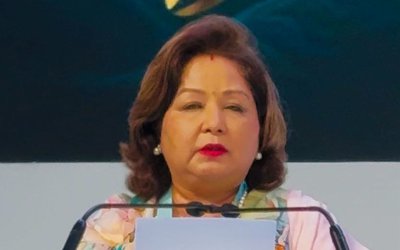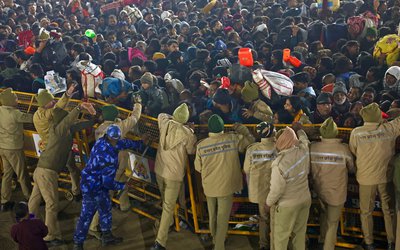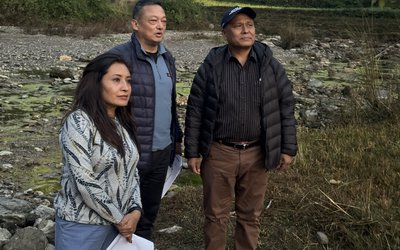
Senior citizens are the treasure of the country, but few of them are found almost discreetly or discarded at the age of 60. The retired age of the employee is mostly 60 years in practice around the world; however, the life expectancy is growing beyond that. Therefore, the state has to rethink the retirement age in variance with the nature of work and capacity of the aging people. Today, the world has been greatly influenced by science and information technology (IT). It has both positive and negative impacts in the life of human beings. Senior citizens claim or have grievances that they can contribute a lot support to the state and society with their long empirical ideas and experiences in different capacity and areas, on the other hand, the young generation feels burdeneous of ageing people to take care of them and like to stay single family life sans discharging the responsibility and accountability to their parents forgetting the way is same in the social phenomena. Both the elderly and their successors need to rethink a permanent solution to manage the growing irresponsibility into a permanent solution. It is not to attribute any one of the elderly abuses rather respect each other then enjoy each other's company.
Elder Abuse: Although there is no unanimous connotation of elder abuse, INPEA and WHO define it as "a single or repeated act or lack of appropriate action occurring within a relationship where there is an expectation of trust that causes harm or distress to an older person. It is an act of negligence of the family and society towards (a) senior person of the establishment. Negative feelings of them as useless or no service person rather a burden of family and society prevail. Some argue that elder abuse is an intentional act or omission ... that causes or creates a risk of harm to an elder. In the oriental society there are many self perceived age phobia after 50s (years). Nepal government recognizes elderly people at 60s. Now the elderly abuse starts when retired worker sits at home and starts recalling his/her memories and repetitions without innovation or new experiences. Here comes the role of abusers, the elderly and the family plus society. The elderly should be careful of their own limitations and be friendly with their family and society. The second is imperative to be accountable to the notion and wishes or intentions of the elderly of the home. Both can not be attributed or vice versa in the family/society. Be ideal and kind as an ideal human being.
What does mistreatment hurt?
Elderly feels physical abuse, emotional sometimes sexual, financial possession or material exploitation, neglect, abandonment and self neglect. These are the basics or types of elder abuse. The best measure to avoid such abuses is compromise, tolerance and maintaining harmony in between and among the stakeholders of family, community, society and local government. The Constitution of Nepal 2072BS has stipulated as fundamental right of senior citizen in its article-41 and enacted act (2063) along with its law (2065) which have provided some social security measures like old age allowance, health services and transportation facilities. The amendment of the Senior Citizens Act 2022 (2079 BS Bhadra) has brought very optimistic rays to mitigate some anomalies and discrepancies in the issues of elderly people. However, the enforcement status of the act and laws are found very weak in the past.
What are the consequences of elder abuse on a person and society?
A study carried out by gerontologist HN Chalise reveals a dozen cases or results with the elderly. They may fall depression, anxiety, injury, pain, falls, suicidal thoughts, post-traumatic stress, low QOL, psychological problems, nursing home, hospitalization, 300% highest risk of death, etc (2017; 3:024). It means elder abuse is injustice. It hurts the respected senior of a family and a good social contributor. Modernization and intervention of information technology have intensified the suffering of the elderly all over the world. The degree of case of prevalence of elder abuse varies from continent to countries, location and ethnic / caste basic. WHO reports that globally one in six (15.7%) elderly suffer (2018).
It is higher in developing countries compared to less than 10% in Western countries. The case of Nepal is about 14% par to global status (15.7%). Youth migration and unifamily system have additional impact in Nepalese society. Studies reveals the more vulnerable elderly abuse are weaker section of the society. Mostly women, older age, illiterate, widow/widower, no or low income, health problem and habit of alcohol and tobacco consumption. These sections of people need proper treatment with high level awareness program.
Now a day some indigenous or civil societies are found involved in mitigating or soothing out the elderly abuse in Briddhaashrams and Day Care Centers. The role of local governments (Palikas) is imperative to solve this problem at the district level. The judicial committee (nyaik samiti) has to come up with a condusive solution to manage the elderly abuse. To minimize the abuses, the constitution of Nepal 2015 has provided the right of senior citizens in the article-41. The state provides social security allowance of Rs.4000 per month. The Senior Citizens Act-2063 provides various facilities like health services and insurance and transportation discounts. Things are moving in the right direction. The local level governments have introduced various incentives and prizes to the family and individuals who look after and treat the elderly the best. Every June 15 World Elder Abuse Awareness Day is celebrated for building strong support for elders.
However, there is a lack of effective criminal punishment system for the abusers. Nevertheless, the oriental social culture puts pressure on the abusers. The elders are regarded as obedient, respected and wise people in the family and society. Five elderly, wise, respected senior persons used to be the local panchas who used to settle local, family disputes and manage local development activities as panchali or panchayat raj as in local governance. With the increasing westernization and youth migration, the Nepalese society is caught up in elder abuse. The stakeholders, basically family, society and state i.e. local level ward government can play vital role to minimize the risk of elder abuse. Under the provision of fundamental right article- 41 of the constitution, the local level government can enact basic law and regulation and punish the abusers/ criminals. The enforcement of law, rules and regulations must be put in effective. The family members are more responsible to manage the causes of elder abuse. At present a bill of such issue has been passed in the parliament.
Studies have identified that in almost 60% of elder abuse and neglect incidents, the perpetrator is family members among them two third of perpetrators are adult children and spouses and 9 out of 10 elder abusers are relatives. The majority of incidents occur in the home (Chalise 2022).
The concern stakeholders of senior citizen world have upper hands to manage the elder abuse. Besides, the elderly person himself/herself has to figure out his/her responsibility and rest life strategy how to spend a descent life. The family is responsible to learn not to repeat the same fate case in days ahead. Respecting the elder means respecting oneself. Prevalence of elder abuse must be managed internally, i.e. within the family and locally, i.e. within the community level. Therefore, the role of stakeholders has to bring social awareness, social mobilization, capacity building, economic improvement, social participation, the family has to maintain health and nutrition with basic facilities and services and involve senior person and civil society in decision making and the state has to benefit or use the long empirical experience from the elderly communities.
By and large, older people are a treasure of experience and knowledge. The community and the state must use them properly. Ignoring or disrespecting them is an abuse of ethical education. The younger generation can benefit greatly from them. A prosperous society and state have high morality and civilized culture, which come from family civilization, community progress and national prosperity. Although there are many challenges against elder abuse, the solution should start from the family or relatives, community and local government. The problem of elder abuse is local, so the solution should be sought locally. How far a person or family is civilized or not can be measured by the good treatment of senior citizen. To be respected yourself, respect the elders of the society.
Prof Prem Sharma PhD, executive member of NASCIF
- The Kathmandu: Nepal
- Aug 31, 2023

